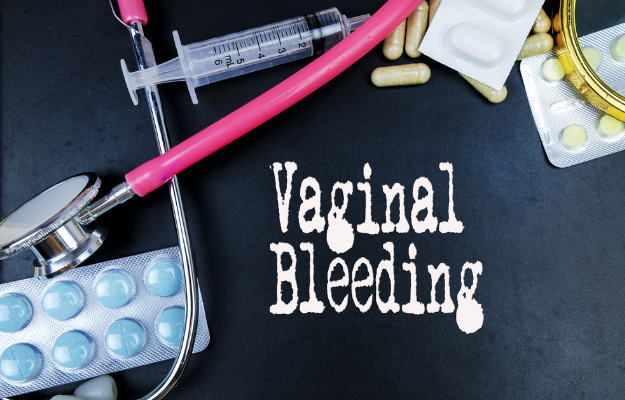Menopause is the time when women stop getting their periods. If bleeding occurs even after menopause, it is called postmenopausal bleeding (PMB). In case of PMB problems, there is a need to immediately consult a doctor. It can be treated easily, but in some situations it can be a sign of serious diseases like uterine polyps and cervical cancer. In this article we will learn in detail about the causes, symptoms and treatment of bleeding after menopause-
Read More - (Vaginal bleeding)





































